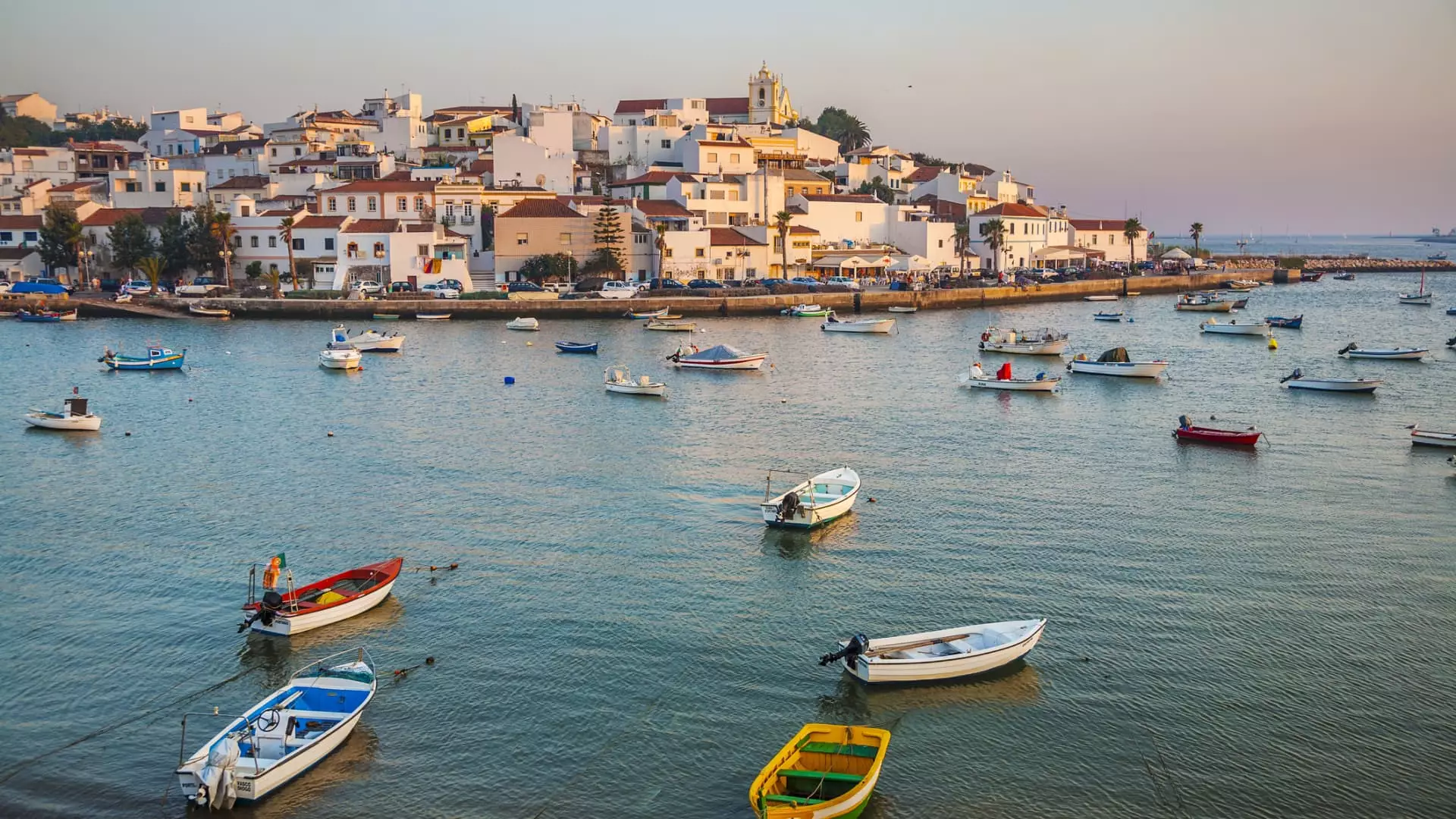With the political climate in the United States becoming increasingly polarized, a notable trend has emerged among high-net-worth individuals: the desire to relocate abroad. Many affluent Americans are now actively seeking options for second passports or long-term residencies in response to potential political turmoil. As the countdown to the election intensifies, concerns about both political and social instability are prompting a surge in inquiries from wealthy clients considering life overseas. This phenomenon represents a significant shift in behavior that merits careful examination.
According to immigration attorneys and wealth management advisors who specialize in assisting affluent families, interest in migration has surged to unprecedented levels. Reports suggest that the number of wealthy Americans planning to relocate has increased by as much as 30% compared to the previous year. This marks a substantial departure from the past, where discussions about moving overseas were often more speculative and less action-oriented. Industry experts, including those from firms like Henley & Partners, have noted an exceptional spike in demand, with American clients now making up the largest demographic of their clientele.
It is clear that affluence fosters a desire for flexibility and safety, prompting this group to diversify not only their investments but also their geographic affiliations. The nexus of these changes lies in a complex interplay of fear related to governmental policies, potential unrest, and a longing for stability that they feel may no longer be attainable within U.S. borders.
Historically, affluent individuals often viewed migration primarily for tax-related incentives, but contemporary drivers extend far beyond financial considerations. Recent surveys reveal a startling sentiment among American millionaires: a majority express a heightened likelihood of leaving the U.S. regardless of the election outcome. Among younger demographics, the desire to obtain a “golden visa” or residency by investment is particularly pronounced, with many citing political fear, personal safety, and quality of life as pivotal factors.
Issues such as mass shootings, increasing antisemitism, systemic inequalities, and perceived governmental incompetence contribute to a growing unease, amplifying the urgency for a solid contingency plan. As families grapple with these formidable and often deeply personal concerns, the once-typical considerations surrounding wealth migration have evolved into a clear expression of apprehension about the socio-political trajectories in the U.S.
The Allure of European Residency and Citizenship
Europe, a historical bastion for American expatriates, is witnessing a renewed interest among highly affluent Americans. Countries such as Portugal, Malta, and Greece have emerged at the forefront as favored destinations for residency and citizenship opportunities. Notably, Portugal’s golden visa program carved a niche in attracting real estate investments, but recent changes to its rules have posed new hurdles, compelling investors to reassess their strategies.
The appeal of European citizenship extends beyond the continental charm; it includes mobility across the European Union and a lifestyle perceived to be of higher quality. Yet, these pathways are becoming more complicated as countries tighten restrictions against foreign investments amidst growing public discontent. For instance, reported property price surges in urban centers led Italy to increase taxes on wealthy foreigners transferring their residency, illustrating ambitions to manage the adverse effects of sudden inflows of capital.
In addition to European pathways, the Caribbean is gaining prominence as a viable alternative for Americans seeking dual citizenship. Investments in real estate in nations like Antigua or St. Lucia present a tangible, efficient route to obtaining a second passport, which affords holders substantial mobility across numerous global jurisdictions. Meanwhile, lineage citizenship appeals to those with ancestral ties to countries like Ireland and Italy, offering an often more affordable option than traditional investment routes.
Regardless of the route, the waiting times for residency approval are expected to extend significantly. Experts note that the increasing volume of applications and stringent vetting processes could prolong timelines for acquiring citizenship, rendering this transition a lengthy endeavor, often fraught with unpredictability due to external factors like election results.
The inclination of wealthy Americans to explore options abroad represents a multifaceted response to the intricate socio-political landscape. Striving for security, those previously unconcerned with international migration are now embracing global citizenship as a hedge against uncertainty. The implications of this trend signal a deepening realization: Put simply, in times of political doubt, mobility and diversification become vital tools for safeguarding both personal and financial well-being. As the world evolves, it will be imperative for individuals and advisors alike to navigate these changes thoughtfully and proactively.

